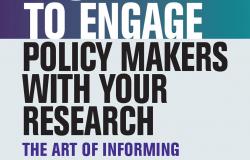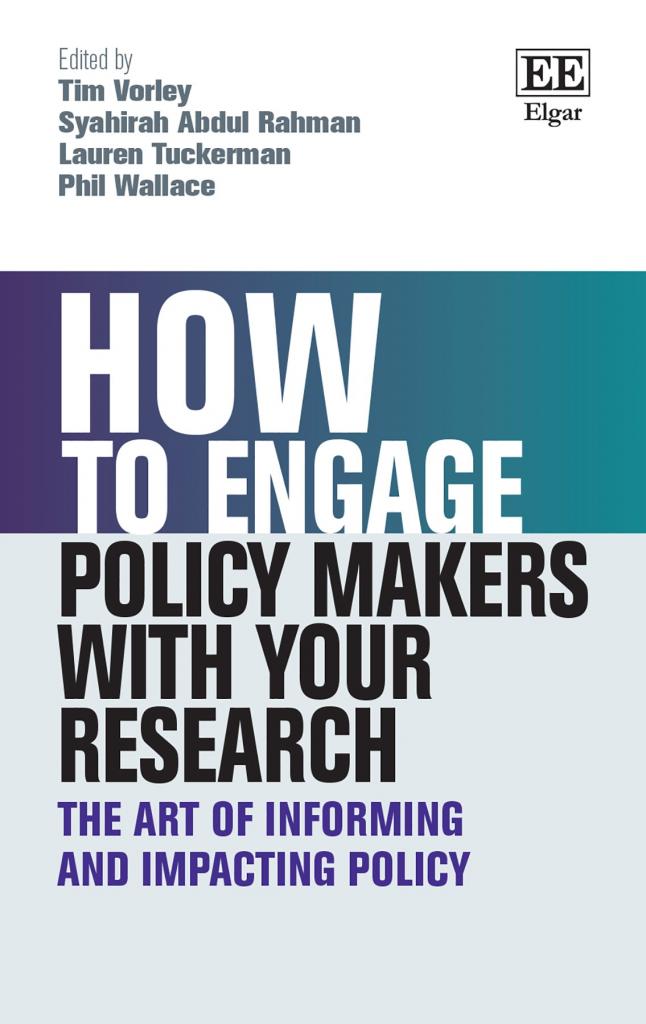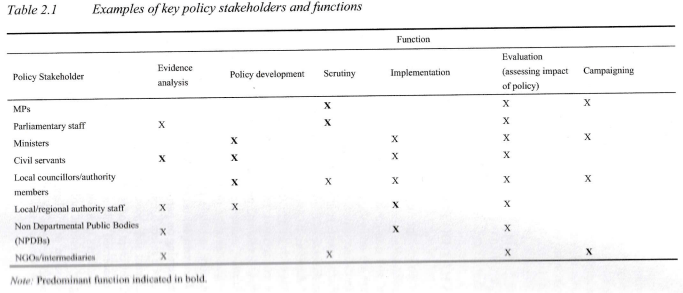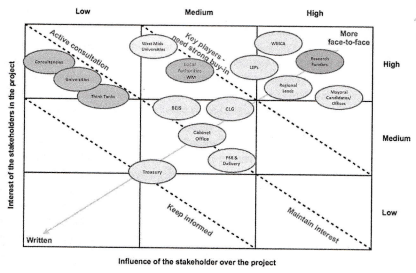Book Review - How to Engage Policy Makers with your Research: The Art of Informing and Impacting Policy

How to Engage Policy Makers with your Research: The Art of Informing and Impacting Policy. Edited by Tim Vorley, Pro Vice-Chancellor and Dean, Syahirah Abdul Rahman. Edward Elgar. 2022. ISBN: 978 1 80037 895 7
Edited by a bunch of UK academics (Oxford Brookes and Manchester), this book is a gold mine for anyone interested in research for impact (R4I) – the holy grail (at least in terms of lip service) of much of modern academia. Best thing I’ve read on the subject, with something for more or less everyone, so I’m going to devote this week’s posts to it. I can even forgive them repeatedly using ‘impact’ as a verb…..
 It’s user friendly: 24 chapters and 41 authors crammed into 258 pages, accessibly written and dotted with case studies and boxes of ‘top tips’. Most of the content is focussed on R4I within the UK, but I think the lessons apply much more broadly.
It’s user friendly: 24 chapters and 41 authors crammed into 258 pages, accessibly written and dotted with case studies and boxes of ‘top tips’. Most of the content is focussed on R4I within the UK, but I think the lessons apply much more broadly.
I would have liked an overview introduction rather than one that mainly signposts the chapters. Ditto a proper conclusion – the book ends abruptly with a chapter on the influencing journey of an ‘early career researcher’, with no attempt to tie the book’s many valuable threads together. Shame.
Some themes come up again and again in different chapters, echoing, but also expanding on some of the stuff we covered in our chapter on Oxfam’s experience of R4I:
- It’s a long game: an extended engagement of research and conversation might get results where a single one-off paper is highly unlikely to.
- Know your audience and understand their motives: sharpen your PoVO skills (the Point of View of the Other)
- Ditto understanding the policy-making processes and timescales you are trying to influence
- Keep it short and intelligible
- Get to the point quickly – No throat clearing
- 2nd best and quick/timely is better than perfect and too late
- Be prepared to drop everything and respond at short notice when an opportunity opens up. Rehashing past research is quicker in such circumstances than saying ‘hang on while I write something new’.
- ‘spend time enhancing your credibility: policy makers are generally wary of individuals who have an axe to grind’ – a challenge to NGO researchers there, I think.
A lot of the advice just seems like good comms: state your purpose up front, avoid jargon etc, but in this book, you can see how such advice emerges from particular exercises in research for impact on everything from the OECD to local development in Northern Ireland.
The book attacks the issue from 3 different directions through sections on ‘Understanding the need and articulating the offer’, ‘Modes of Engagement’ and a series of case studies. All of them shed light and will appeal to scholars and influencers in different contexts, personal situations (an interesting level of attention to early career researchers), disciplines and places on the insider-outsider spectrum of activism.

This is a nuts and bolts book – advice on how to set up university consortia, or commission research for policy impact (a really good chapter, with lots of practical advice); the different ways organizations have tried ‘embedding’ early careers researchers such as ‘PhD interns’; how funders can get better at ‘stimulating an impact environment’; how to organize effective ‘policy engagement events’.
I was delighted to see there’s a whole chapter on ‘critical friends’ – the role I play with the Building Community Engagement in Papua New Guinea project, so I’ll review that separately.
From an NGO perspective, some of this seems a bit above our pay grade – how OECD or ILO researchers engage with member states or the work of think tanks and universities attached to particular policy initiatives on things like promoting ethnic minority businesses. Insider access is taken for granted, and the advice is on how best to use it to make a difference. There’s therefore not much on more outsider tracks such as working with the media – the kind of thing we covered in our chapter on Oxfam’s experience. But there’s still a lot of commonality (see the first set of bullets above).
And it was good to see some of our standard tools, such as stakeholder mapping, being applied to R4I and expanded upon (apologies for terrible scan).

My favourite ‘top tips’ box came in the chapter on setting up ‘City-Region Economic Development Institutes’ in the UK.
- Spend time understanding your stakeholders up front. Understanding who has the ability to act on your research means you can engage them from the outset and this improves and strengthens your work.
- Impact is a marathon done in relays and not a sprint. It takes time to build up relationships and handing over your knowledge to the person who can actually make a change requires investment in building trust and knowledge.
- Recognize policy makers as professional collaborators and co-creators. They are the people who can use and implement your research. They are more than audiences. They often hold access to the information you will need and are experienced researchers in their own right.
- Expect a messy, chaotic journey but enjoy the unexpected.
The last two are particularly good – academics sometimes give off a kind of brittle arrogance, in which policy makers appear as either knaves, fools or both. That is no way to get impact.
Coming up: that chapter on Critical Friends, and some lovely writing about supporting sustainability.
It really is a very good book.
This first appeared on From Poverty to Power.


